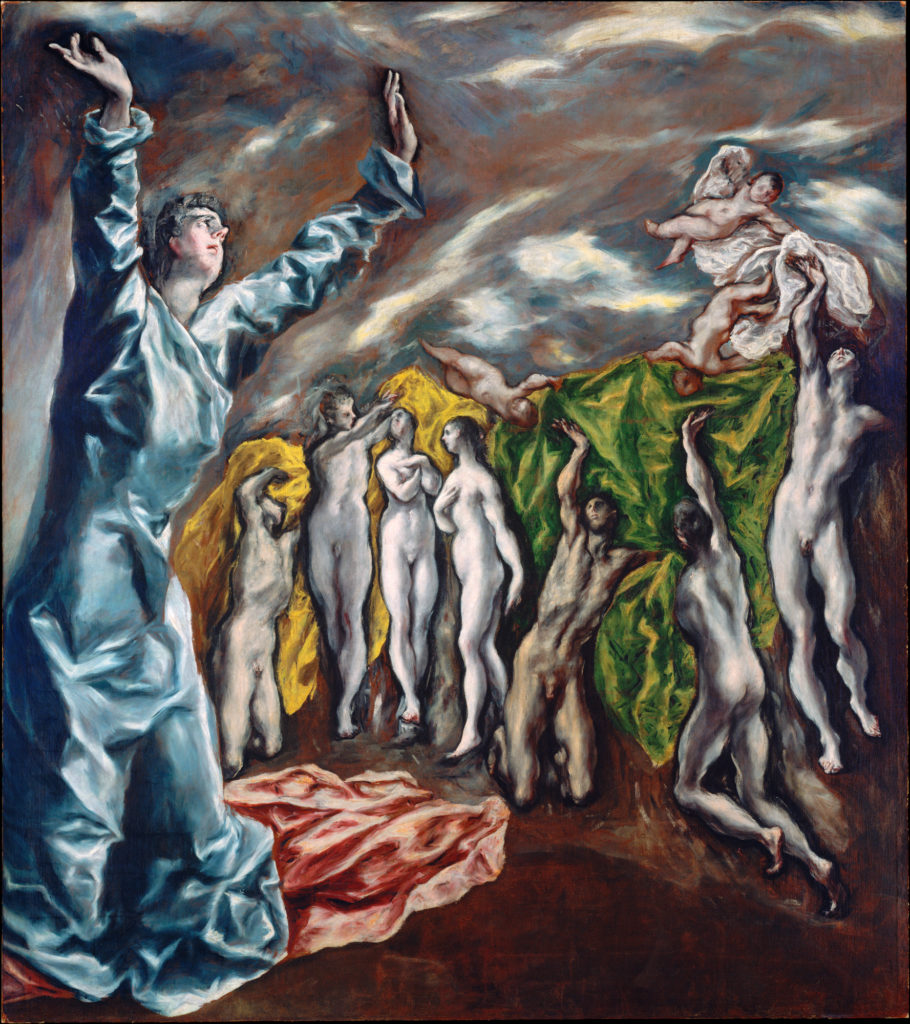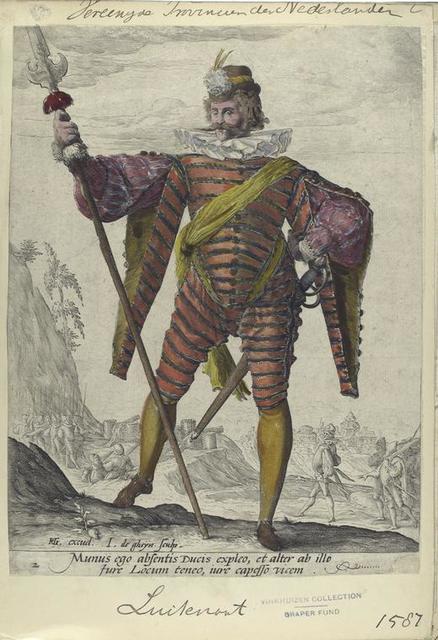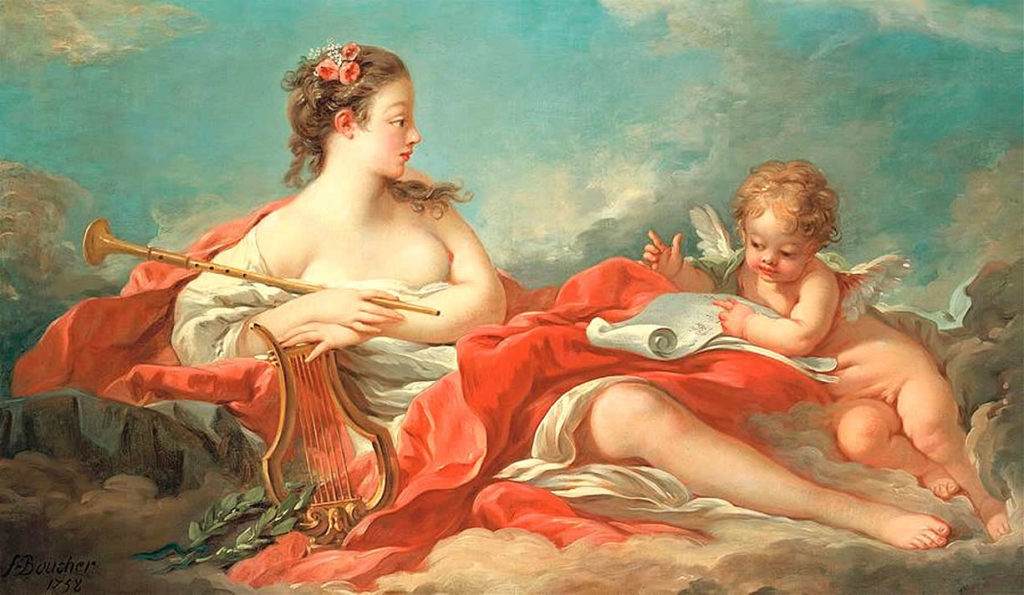
If you’re driven to bring any kind of artistic expression into the world, you care about its quality. You want it to be good, valid, worthy of your time and worthy of having an effect on others. I submit that the more you create, the more you care. There will be exceptions, of course, but I’m convinced this is true of most people.
When you’ve completed a project, whether it’s a film, a drawing, a dance routine or anything in the realm of art, you stand back in some sense of the term and assess what you’ve done. This may involve viewing a visual version of it, hearing a recording or reading a manuscript. When you evaluate your final product, are you filled with a sense of accomplishment? Does it excite you as a representation of your evolution in the field of your endeavor? Or does it usually bring disappointment? Do you tend to emphasize your weak points and the imperfections in your work?
The Artist and the Ego

I’m writing here about observations, not scientific fact. A discussion about this topic would bring out others’ views and a variety of welcome viewpoints. For now, though, I’m offering mine.
In this one-sided discussion, it’s important to first clarify what I mean by the ego in this context. The basic definition in the Random House Webster’s College Dictionary is “the ‘I’ or self of any person; a thinking, feeling, and conscious being, able to distinguish itself from other selves.” Carl Jung described the ego “as the centre of the field of consciousness which contains our conscious awareness of existing and a continuing sense of personal identity.”
Taking this a step further, I quote Eckhart Tolle who uses the Bhagavad Gita as his guide on the ego. ” According to the Gita the ego is the feeling of separateness, the sense of duality, or the idea of being distinct and different from others. It is the false perception of oneself as a separate being or a limited being.”
I believe this sense of self goes a long way in determining the opinion we form of our artistic creations. The way we view ourselves can be in rational balance with regard to the truth, self-esteem and how we are perceived by others, but with many people, it’s irrationally low or high in any one of these areas. If we don’t have this rationality and a healthy sense of objectivity, we have difficulty being able to see our work without bias one way or the other. As much as possible, we need to set ego aside and take an honest look at that which we create.
Love Yourself, Love Your Art
The way I see it, if you’re down on yourself in general, you’re less likely to have a high opinion of whatever you bring to the world. This could be job performance, your appearance, whatever you create. With healthy, in-perspective self-esteem, you should be able to assess what you’ve produced accurately as long as you are well informed or educated as to what makes for quality in the field where you’re creating.
I have a long list of mistakes I’ve made in life and considerable objective proof that I didn’t know what I was doing along the way. Plenty of times, I’ve been highly frustrated with myself. However, more often than not, I’ve been able to take it easy on myself and loved who I am internally and eternally. For whatever reason, I have confidence in and take pride in my creative work. I have often thought my latest song is my best. I get excited about the literary and journalistic pieces I’ve written. I like what I do. I like editing and revising these works, making them the best they can be.
The Dim View
As much as I believe in my theory above, I’m not so arrogant as to discount other factors that may enter in with regard to an artist’s opinion of their own works of art. Here are a couple of examples.
There are those in every discipline who don’t like their work. This doesn’t necessarily mean they have a low opinion of themselves and what they do. Some simply have higher standards. They may have an extraordinarily clear vision of what it is that the Muse is showing them and they’re determined not to fall short of that vision.
Maybe there are those whose work isn’t that accomplished yet and they simply have the good sense to see it for what it is. At least they have that awareness and can strive toward improvement, perhaps one day reaching their goal of excellence.
On Balance
I suggest maintaining a positive approach regarding your chosen art. Have a critical eye, but admire your good works. The Muse will.

Leave a Reply